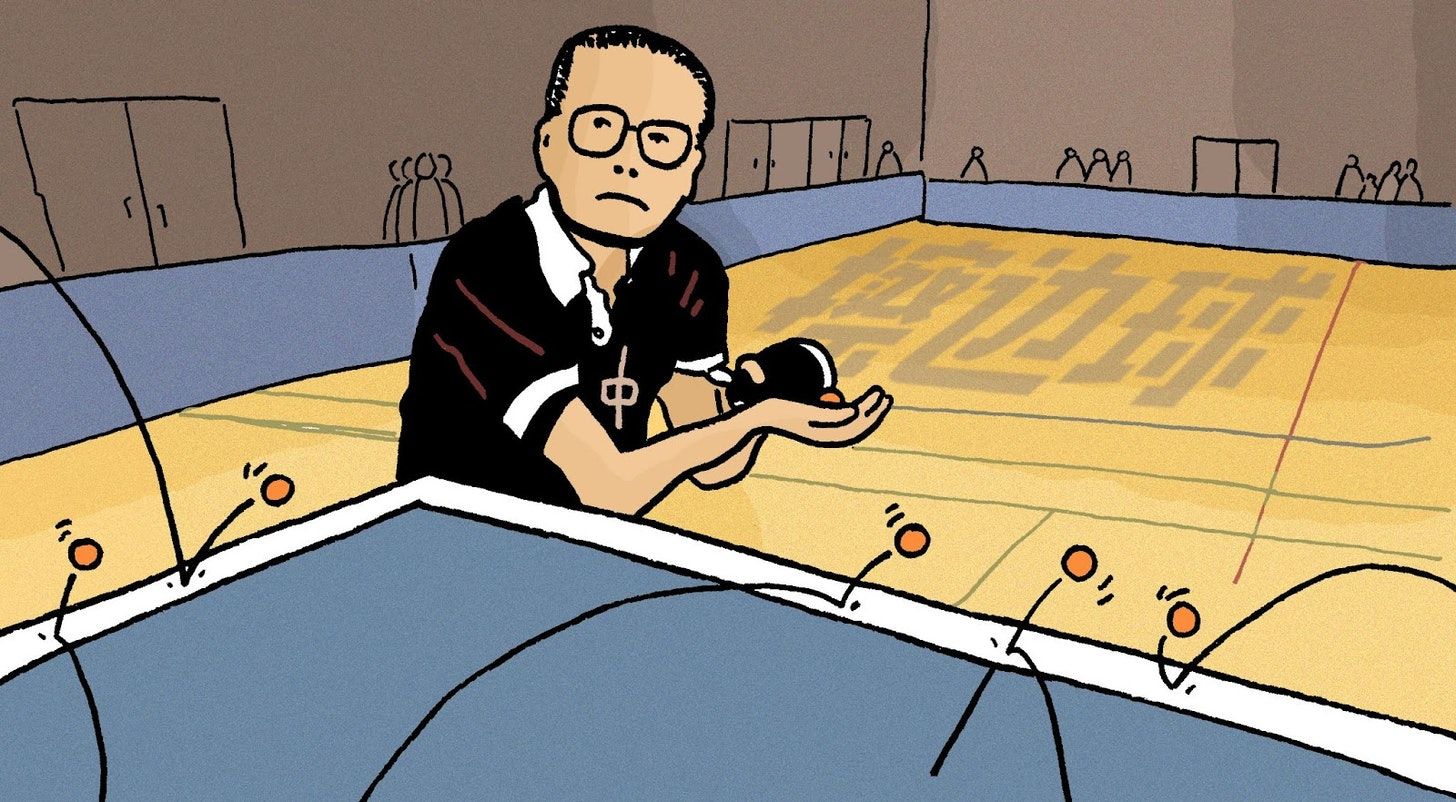In the house this week: Yi-Ling, Krish, Yan, Jaime, Caiwei, Simon, and Tianyu.
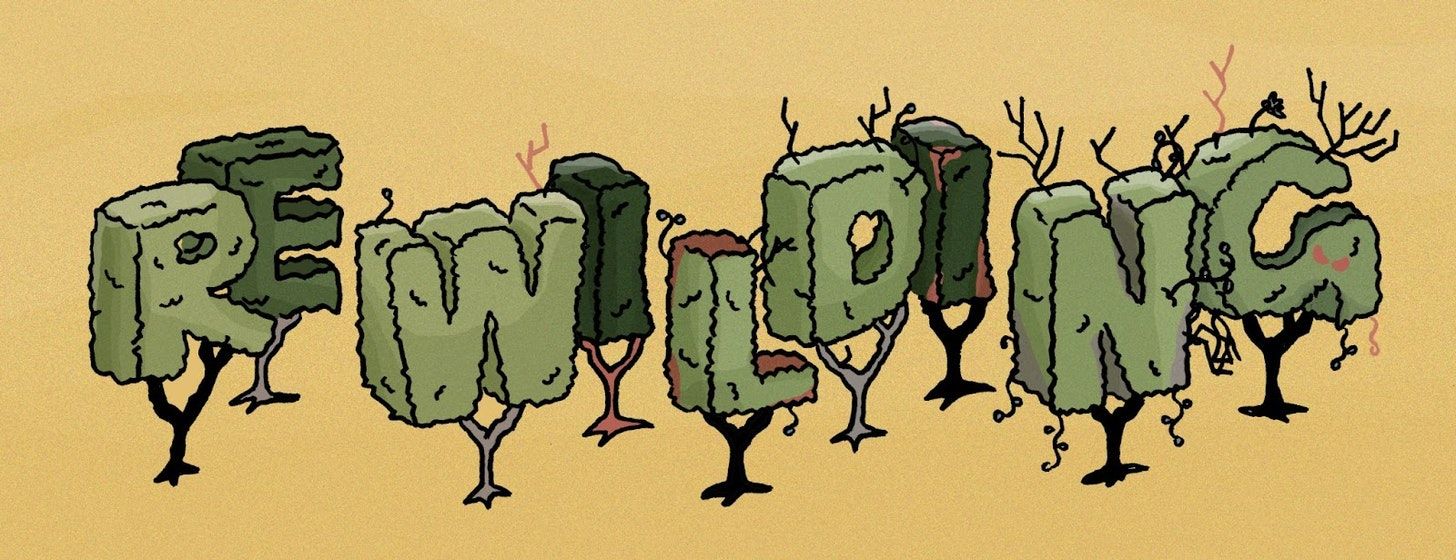
Yi-Ling: Rewilding is an exploration into the language of the Chinese internet.
In each issue, I pick a word from the labyrinthine swamp of online life in China, lay it on the table, scrutinize it and take it apart in the form of a mini-essay, then replant the pieces, sowing seeds for further conversation.
The inspiration? Two years ago, I co-wrote a newsletter which sought to make sense of the ever-evolving language of the Anglo-speaking tech world: Bandwidth. Disruption. Ecosystem. Called Fossil Poetry, it was inspired by Emerson’s claim that “language is fossil poetry,” that words are always shedding old associations, evolving in new meaning and ossifying into new forms.
Over the last four years living and writing in China, I’ve found that the slippery and malleable nature of language could not be more true, than for the words that have proliferated on the Chinese internet. Involution (neijuan, 内卷). Wanghong (网红).Versailles Literature (凡尔赛文学). YYDS. Wind Vent (风口). Suspension (悬浮). New words sprout and grow (and rot from overuse) at an accelerated pace. Amidst what writer Yu Hua calls the “endless chatter,” or rather, the incessant tweets commenting on China, how can words serve as a “pair of eyes” or a lens into online life here?
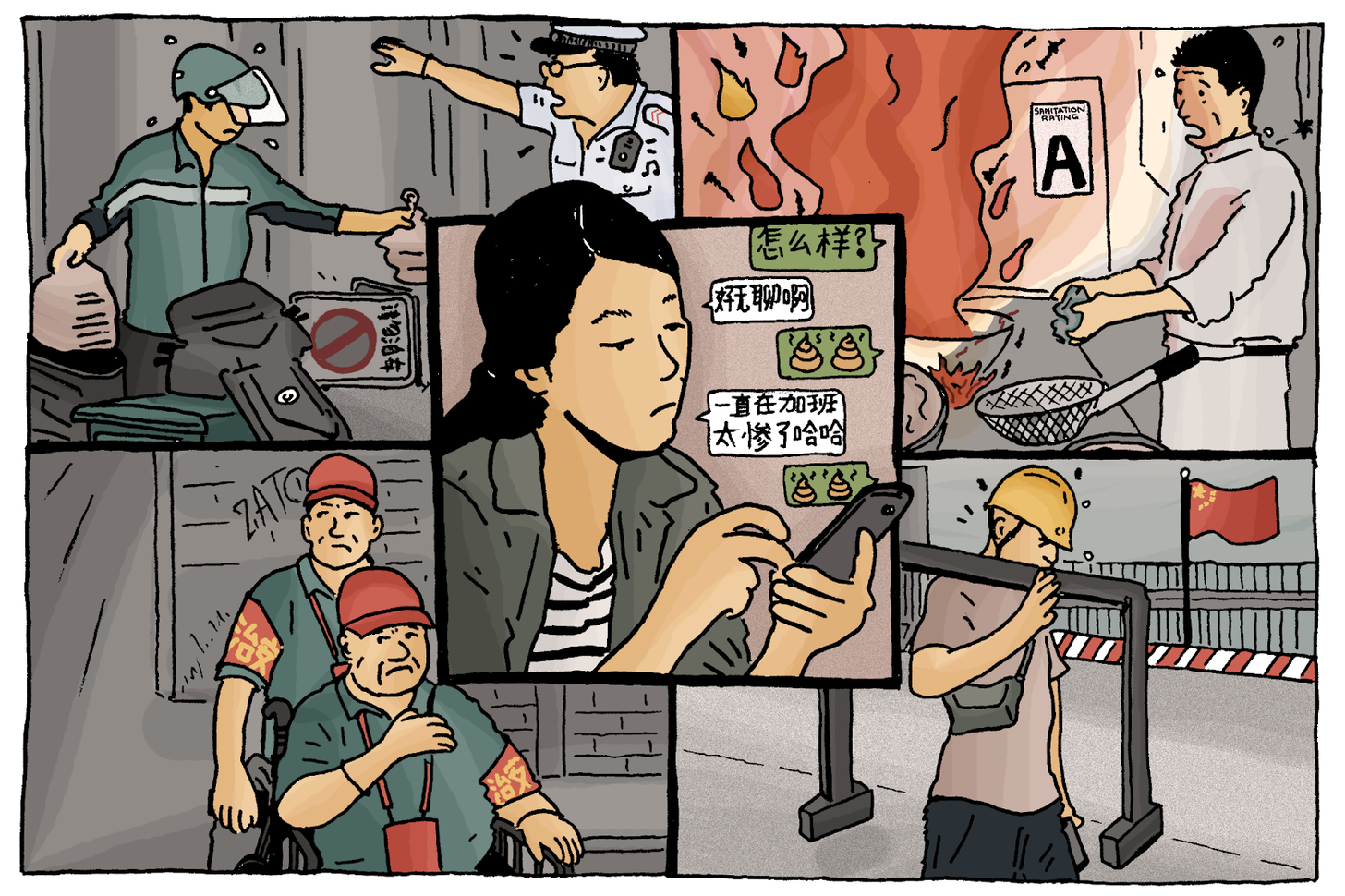
What exactly is the disillusioned college graduate referring to when she calls herself “involuted?” Where does the word wanghong come from, and how has its use transformed in exciting and troubling ways? How can I make sense of this online landscape through the useful but flawed metaphors of the flying pig, the struggling hummingbird, or the anaconda coiled inside a chandelier?
These essays, like the process of rewilding, are meant to be messy, organic, open-ended. I end each issue with a question. The hope is that by scrutinizing these words, taking them apart, playing with them, and then bringing them back into the conversation, we might open up newer ways of seeing.
The first issue goes back in history to a phrase that’s been around for a while now: Boundary Ball (擦边球).
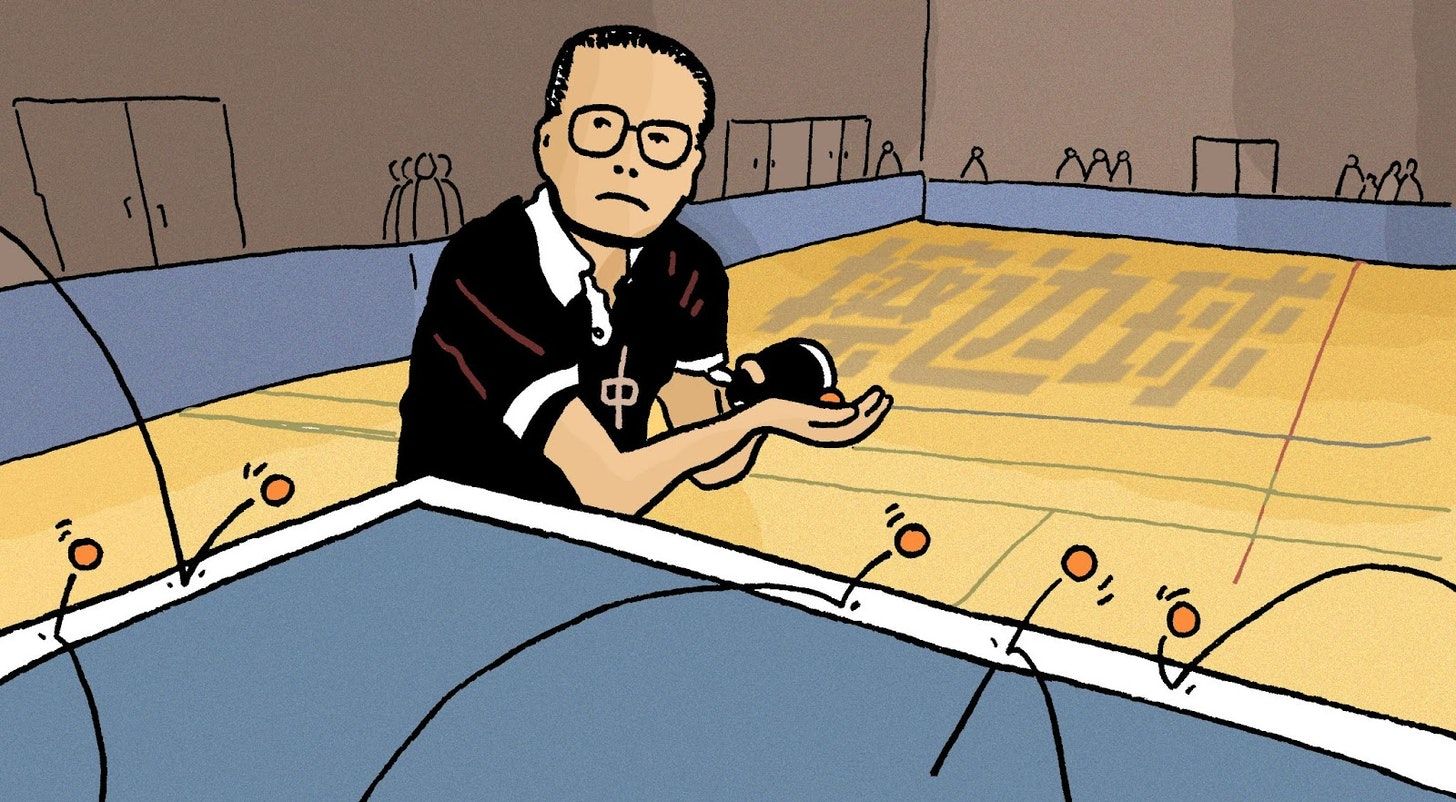
Yi-Ling: Playing boundary ball is a precarious game. In table tennis, when a player serves up a “boundary ball” (打擦边球), they hit the edge of the opponent’s table, but the ball is still safe within bounds. It’s a tricky move, one that demands good skill, good luck, a good feel for your opponent, and a good appetite for risk.
Three decades ago, Chinese journalists, allowed to report more liberally about their country for the first time, began to borrow the diction of table tennis to describe their own work—like a game of “boundary ball.” Like a good hit, a good article should skirt the line and test the limits of the permissible, all the while staying within bounds. Like a skillful table tennis player, an agile news editor aspired to push for change without violating the rules, circumventing control without invoking the wrath of the censor.

Soon, boundary ball became a ubiquitous sport, a useful metaphor deployed not only by journalists but anybody who wanted to change the status quo. Artists and educators, activists and government officials, factory workers and farmers, entrepreneurs and software engineers. Across the country, people skirted the line, pushing the bounds of the permissible. The rules would relax, people believed. The game would become more plural, more inclusive, more open. We would all become players one day, trying our hand at ping pong, figuring out the rules together.
But not quite. The problem with the boundary ball metaphor is that the bounds are blurry and ambiguous. In this particular game of ping pong, you’re never quite sure who calls the shots. The rules change constantly; what you get away with depends on who you are, where you are, and which direction the fickle geopolitical winds are blowing. Chengdu rappers soar to mainstream popularity one month; hip-hop culture is banned from TV the next. A lockdown diary is praised in March, its English translation viciously condemned by May. Nike is roasted; Li-Ning is hot. Little Fresh Meats in; sissy boys are not.
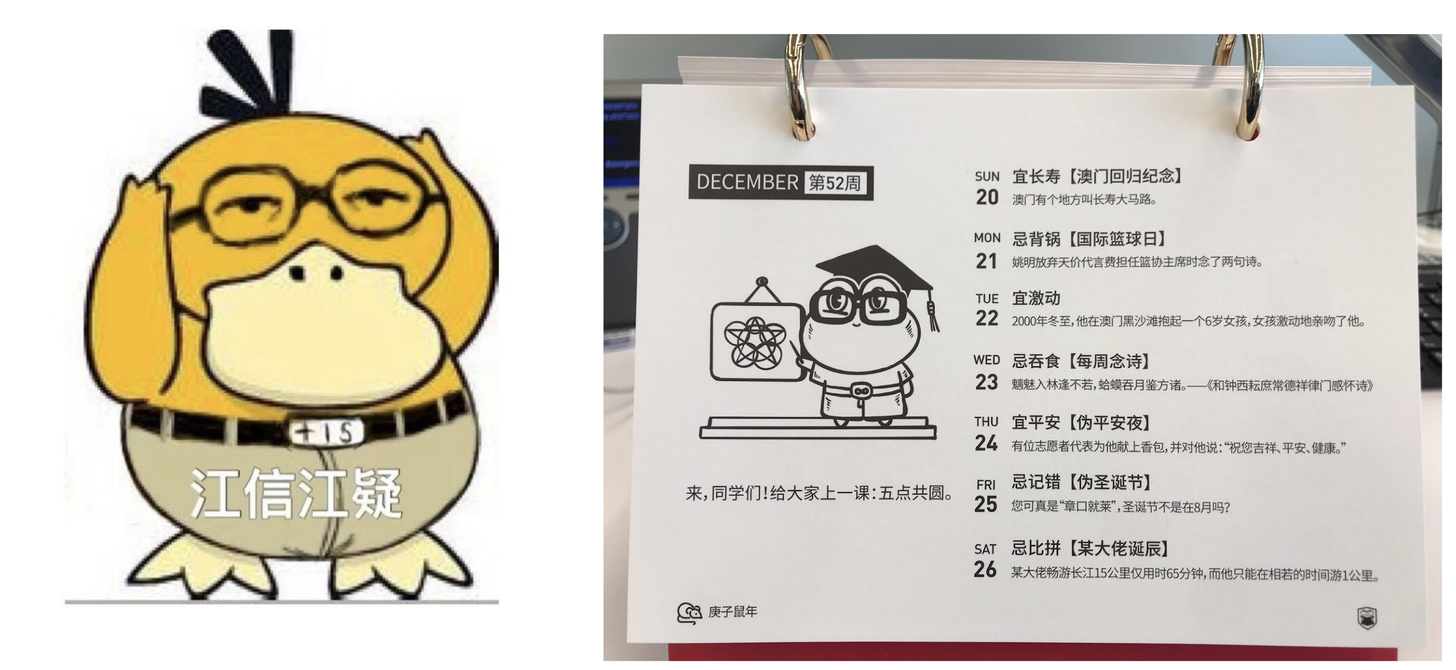
Over time, you try to make sense of the rules and patterns, compiling perhaps a scrappy Boundary Ball Handbook that you inherit from mentors and pass onto your friends. You learn that tactics matter, for example. Sharing your grievances—about misogyny, long work hours, algorithmic exploitation—remains ok, but organizing others to do the same is out of bounds. You learn that seasons matter. The warmer months of May through October are dangerous times to play, low season for boundary ball (note: all those political anniversaries,) whereas by November, as the weather cools down, risk-takers poke their heads out and try their luck again.
You try to make sense of the rules all the while knowing you have no idea where the line lies. After you’ve played Boundary Ball for a while, you start to get the sense that perhaps, it’s not a skill you can hone with time, but a fundamentally Sisyphean pursuit. What does it do to your psyche as a player after expending all your energy evading a line that you cannot see? Is it fucking exhausting, as I often feel these days? Or is it also twistedly fun? Does uncertainty empower the referee or embolden its players? Is anybody out there still trying to play a dignified game of table tennis? Is anybody out there, still? Or have the rules been so distorted and rigged from the very beginning that nobody wants to play anymore?

Yan: As someone who studied journalism at a Chinese university in the late 2000s and early 2010s, this brings back so many memories. It also makes me reflect on how normalized this kind of game was at the time. It’s something professors and professionals talk about in lectures and panel discussions, often matter-of-factly. And it’s a game that journalists and editors play quite aggressively, sometimes, with the explicit purpose of pushing the boundaries (thinking about Cheng Yizhong 程益中, Southern Weekly 南方都市报, and their coverage on the Sun Zhigang case—and the fallout).
I do wish one day we don’t have to play this game but, looking on the positive side, some creative expressions came out of it. These are super old internet memes but grass-mud-horse (草泥马) and river crab (河蟹) became popular out of the anger over censors and through fun wordplay. More recently, people’s efforts to archive a profile of doctor Ai Fen turned into an uncontrollable outburst of creativity, except now they’re playing against AI censors, not humans. Boundary ball is knowing how content detection technology works, and “translating” a text article into formats unreadable by the censor AI. I posted two of my favorites on Twitter:
A friend just sent this to me on WeChat. I’m in awe with the creativity coming out of this whole thing 😂🥰 pic.twitter.com/8ebzsJsgCR
— Yan Cong (@yancongphoto) March 11, 2020
Krish: This makes me wonder if boundary ball is a model for algorithmic resistance. It needs a keen gaze keeping constant witness. And in accepting the shifting incompleteness that results from heavy censorship, it creates this...negative space of thought within the system.
Caiwei: Producing content for social change in China feels like perpetual guerrilla warfare. You are constantly taking tentative steps and developing devious tactics, hoping to outrun the forces that doom any effort at progress.
As Yan has mentioned, journalists are constantly playing boundary ball. A recent example might be the interview NetEase News published with Du Meizhu, survivor and main accuser of singer Kris Wu’s sexual exploitation of underaged women. The article successfully “set the tone” (as Chinese media often says) for public opinion and led to a quick and decisive verdict on the issue.
But as the state’s regulation on media ownership tightens, I wonder if that will still be the case. Boundary balls these days seem to be played more by extremely online Weibo or Douban users, employing thickly-veiled sarcasm. I am reminded of 阴阳怪气, a phraseology prevalent in Chinese public discourse characterized by irony and backhanded insinuation. Instead of saying what cannot be said, an 阴阳怪气 statement implies it by saying what is allowed to be said in a clearly disingenuous tone, making it extremely hard to pin down the person’s real stance. While creative, I am often astounded when comparing the prevalent tone of meta-heavy posts on Weibo with those on news-site Matters, where a genuine, unironic manner of expression still thrives.
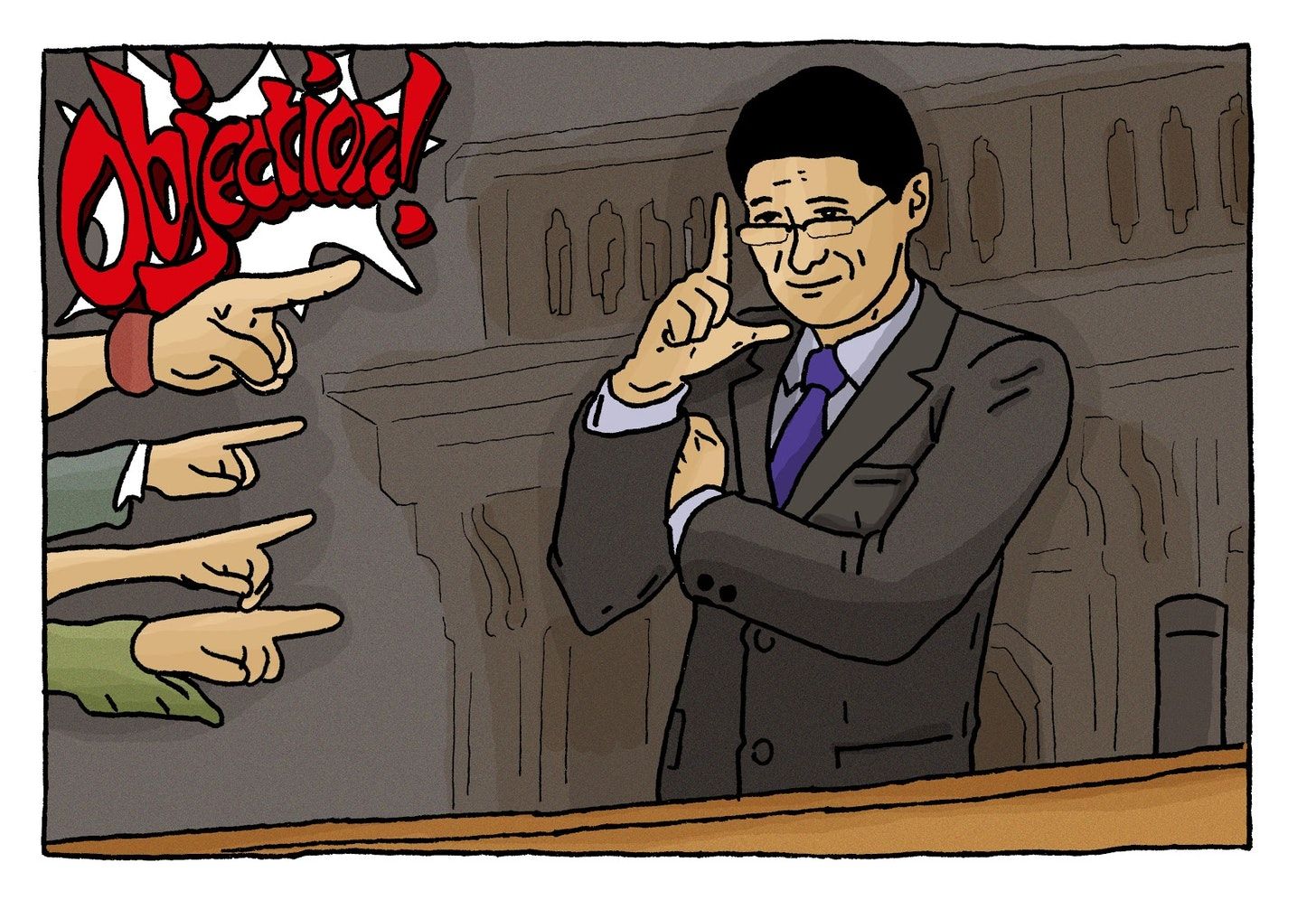
Simon: I first heard of boundary ball at work when it was jokingly suggested as a potential translation for the title of an untranslatable project… and so one might say my colleagues were playing boundary ball (oof). Reading through, one thing that struck me is how 擦边球 stands out slightly from other example phrases: it is forged specifically in China’s media environment. Swap “involution” for “burnout” or “Wanghong” for “influencers” and you’ve got an imperfect but clear connection to the mundane horrors of late capitalism pretty much anywhere on the globe. From a Western perspective boundary ball might remain more esoteric, though unfortunately the situation it describes might be quite familiar in other countries with limited press freedom.
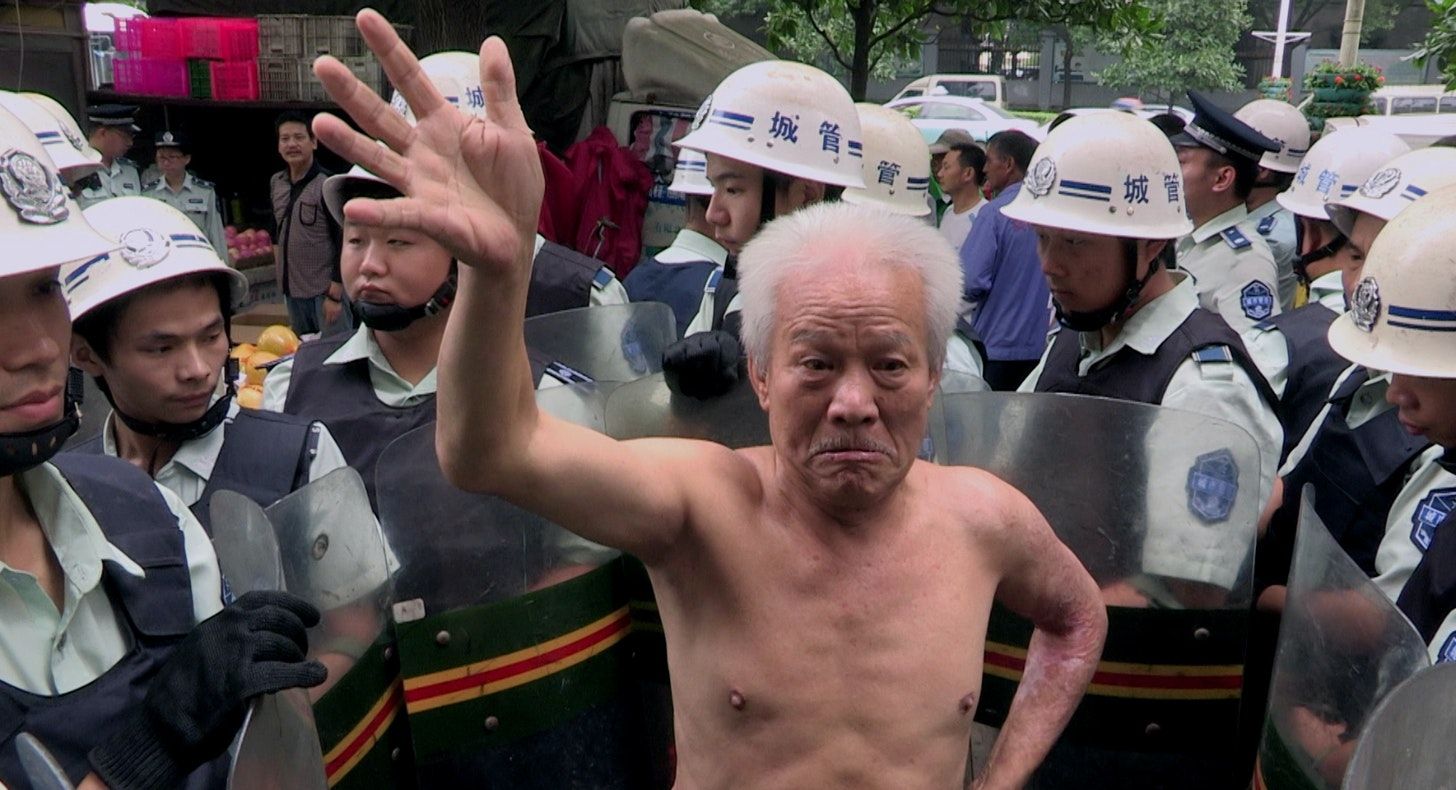
Tianyu: Is boundary ball a feature of China’s regulatory regime, or a bug? On the one hand, the fact that the phenomenon exists is a reflection of bureaucratic failures—it’s often less about how much of a threat you are to the state than, say, whether your activities fall under someone’s jurisdiction and if authorities have the means to control it. On the other hand, Chinese companies have often stepped into new territories without existing regulatory oversight, yet still getting implicit government approval. The regulations often come later, but these boundary-ball “industries” (consider social media and ride-hailing) are often vehicles that drive economic growth under Chinese state capitalism.
Jaime: In more optimistic estimation, playing boundary ball is not without convenience and advantages, and I want to think of it as a feature not a bug—the underexamined vibes of why life here, at its limited best, can feel more chaotically liberating than in more bureaucratically rigid places, in terms of how rules can be selectively applied in more quotidian aspects of life.
For example, the fact that pandemic measures and health codes can often easily be bypassed here while, say, in Hong Kong, it is way more rigidly enforced. In fact, I hear “boundary ball” used most often irl muttered by some disgruntled low-level public utility staff when I’m dealing with bureaucracy that is either confused by my marginally recognized ID, frustrated by my confusion, or adjusting to lack of clear procedure (whichever comes first) for rare operations “outside the system” (shit like having weird combinations of currencies in a bank account, having an English name in a system that only wants to deal with pinyin). It’s so obvious that the “rules” are being made up as it goes even though both of us have to pretend there is some higher authority that we are now both frustrated by. In reality, people just want to get the damn thing processed for me and go home.
With the current phase of mainlandification of Hong Kong, another under-examined vibes-based conjecture of what makes crackdown regulations under NSL feel scarier in Hong Kong at the moment is that you know these colonial bootlickers and their relish for enforcement, while on the mainland, things have evolved to a point where playing boundary ball is possible.
Under this revisionistic administration, it is as if the existence of Hong Kong SAR itself was a result of some historical boundary balling—the city being treated as an administrative loophole.
There is, of course, a scale of stakes at play here. And it is precisely not knowing when you’ll get caught that keeps you edging on compliance more often than not.
Yi-Ling Liu is a writer in China. She’s a boundary ball novice.
Yan Cong is a Beijing photographer now based in Amsterdam.
Krish Raghav is a comic book artist in Beijing.
Simon Frank is a writer, editor, and musician in Beijing. He misses all Chaoyang exiles.
Tianyu Fang is a writer from the Chaoyang diaspora in the San Francisco Bay Area. +1s.
Caiwei Chen is a writer, journalist and podcaster.
Jaime (bot) works in Chaoyang and has moved to Chaoyang.
